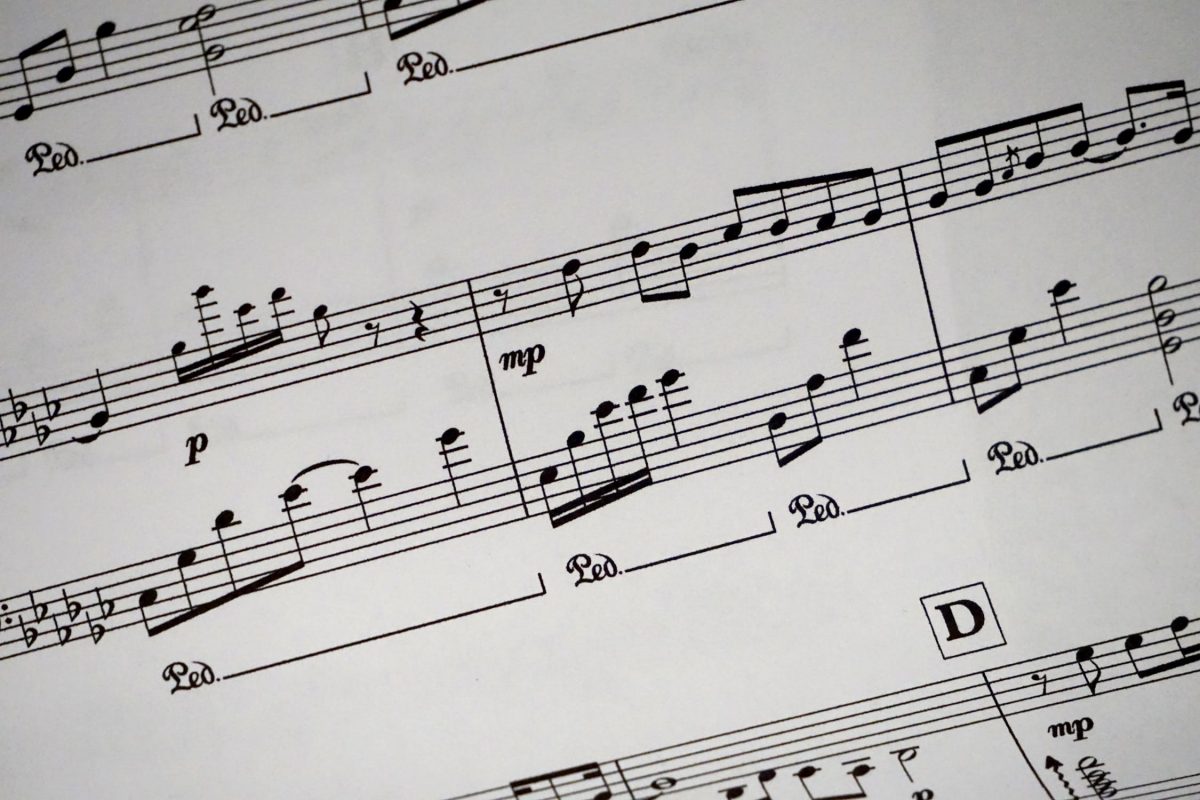Let us begin by clearing up the misconception that hijab is only to do with women. Although the term generally refers to the headscarf, this is merely the basic explanation. Hijab has many responsibilities for both men and women.
Women
For the believing woman she is obliged to cover her entire body from men except the mahrams as explained in the following ayah:
“And tell the believing women to reduce [some] of their vision and guard their private parts and not expose their adornment except that which [necessarily] appears thereof and to wrap [a portion of] their headcovers over their chests and not expose their adornment except to their husbands, their fathers, their husbands’ fathers, their sons, their husbands’ sons, their brothers, their brothers’ sons, their sisters’ sons, their women, that which their right hands possess, or those male attendants having no physical desire, or children who are not yet aware of the private aspects of women. And let them not stamp their feet to make known what they conceal of their adornment. And turn to Allah in repentance, all of you, O believers, that you might succeed.” 24:31
We can derive from this verse that covering is not the only part of hijab but also how a woman carries herself. As explained by Ibn Kathir (a renowned mufassir of the Qur’an) the section talking about stamping of the feet relates to the women that wore anklets in ancient Arabia – they would stamp their feet for the anklets to ring as to attract attention.
From that he explains that wearing scent and perfume outside the home is prohibited lest men should smell it: “Every eye commits fornication and adultery, and when a woman puts on perfume and passes through a gathering, she is such and such” – meaning an adulteress. [Tirmidhi].
This is all part of modesty and nothing to do with oppressing women as the opposers of Islam will claim.
The covering of the head and body explained in the above ayah is accompanied the authentic narration, the prophet (ﷺ) spoke to Asma the daughter of Abu Bakr: “O Asma’! Once a girl reaches puberty, nothing of her body may be seen (by non-mahrams) except this and these, (he pointed to his face and hands while saying so).” [Abu Dawud (confirmed authentic by Albani)].
There are many other narrations and ayahs related to hijab and there is differentiation in the opinions of scholars regarding whether the niqab (veil covering the face) is compulsory. However, looking at this authentic hadith we can conclude that it is not.
The hijab is derived from the Qur’anic term ‘khimar’ which in basic terms means ‘to cover’. In the sense of hijab it is to cover the body with loose garments which hide the shape of the body.
We must understand that this is not merely for men to not feel enticed but as a symbol of Islam. When a muslim woman wears the hijab she is obeying and submitting to Allah. She is liberating herself from the vain desire to show off her beauty – it is a great test from Allah.
Allah also mentioned in Surah Nur:
“Tell the believing men to reduce [some] of their vision and guard their private parts. That is purer for them. Indeed, Allah is Acquainted with what they do.” 24:30
You will notice that Allah mentioned this first before the previous Ayah above talking about the women covering. This means that men are responsible for lowering their gaze whether or not the women are covered. It also breaks any link between the two aspects.
Shaytan’s plot against humankind is to reveal our coverings – lesson derived from the story of Adam:
We must take heed of these lessons as the prophet (ﷺ) mentioned: “There will be women who will be dressed but they will be naked.” [Muslim]
The explanation of this hadith is that this group of women will be wearing tight or transparent clothing revealing the shape of their bodies. He mentioned (ﷺ) that these people will not even smell the scent of jannah. Let us not be part of this.
Men
The men’s ‘hijab’ is something many do not talk about in our time. We see many males referring to women as deviant due to their dress code yet they themselves are not complying with the laws set for men.
There are many narrations and guidelines for how a man is to dress and carry themselves. The first thing we should tackle is the issue of the beard. For those of us who are confused as to what the ruling is in Islam regarding facial hair the scholars are in agreement when it comes to shaving being prohibited.
A man is not to remove the beard as mentioned in the hadith, the prophet (ﷺ) said: “Trim (your) moustaches and lengthen/grow (your) beards.” [Muslim].
Scholars of hadith only differ as to whether the narration means leave the beard to grow continually or not as there is no hadith regarding the length of the prophet’s (ﷺ) beard.
However, the strongest opinion backed up by what the great companions of the prophet (ﷺ) used to do is to cut any hair more than a fist’s length: “Ibn Umar used to, if he performed Hajj or Umrah hold his beard in a fist and cut whatever was extra. [Bukhari]. Abu Zura’a bin Jareer said: “Abu Hurairah would take a hold of his beard, and whatever was under his fist he would cut it.”
There are specific hairstyles for men which are also prohibited in Islam – namely “al-qaza'” which is shaving part of the head and leaving other parts. In our time the hairstyle is known as the fade or mohawk. It was narrated from Ibn ‘Umar that the Messenger of Allah (ﷺ) forbade al-qaza’. This should not be taken lightly.
Moving further into the man’s hijab comes what is known in islam as ‘isbal’ which is wearing trousers that go below the ankles. There are many hadiths on this matter.
The prophet (ﷺ) said: “Whatever of the izaar (lower garment) is below the ankles is in the Fire.” [Bukhari]
“There are three whom Allaah will not look at or praise on the Day of Judgement and theirs will be a painful punishment: the one who wears his garment below his ankles, the one who reminds others of his favours, and the one who sells his product by means of making false oaths” [Muslim]
“Isbal may apply to the izaar (lower garment), the shirt or the turban. Whoever allows any part of these to trail on the ground out of arrogance, Allah will not look at him on the Day of Judgement.” [Abu Dawud]
“Allaah will not look at the one who wears his lower garment below his ankles.” [Ibn Abaas]
“The Messenger of Allaah (peace and blessings of Allaah be upon him) took hold of the muscle of my calf (or his calf) and said, This is where the izaar should stop; if you insist, it may be lower, but it should not reach the ankles.” [Tirmidhi]
“Allaah will not look at the one who trails his izaar on the ground out of pride.” [Bukhari]
These narrations make the matter of isbal very clear and the exact worldly reason is not spoken of but we must realise that Allah is all-knowing and all-wise.
Men must also follow the rules regarding the ‘awrah’ which refers to the private areas which must be covered. These are explained by the prophet (ﷺ) who mentioned:
“The ‘awrah of the believing man is what is between his navel and his knees.” [Abu Sa’id Al-Khudri]
This is something many of the Muslim men forget especially when going to the beach or swimming pool. The navel must be covered along with the thighs and knees.
Conclusion
We must understand as Muslims that hijab is more than just the way we dress – it is how we carry ourselves and our conduct. It is a day to day responsibility for us all. The only way we can ensure that we are following the correct path is to follow Allah’s perfect example – His messenger Muhammad (ﷺ).
Allah knows best.




